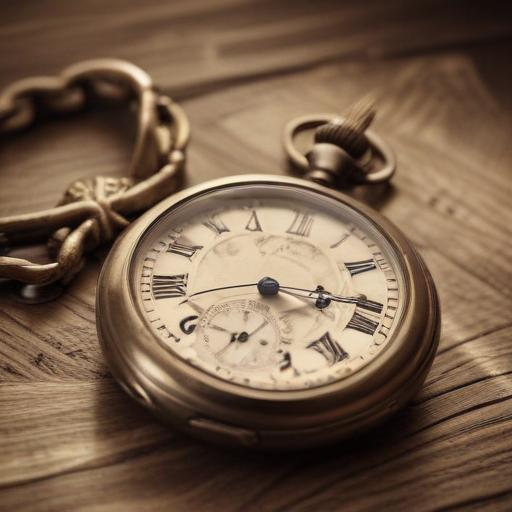Phylicia Rashad is poised to take viewers on a historical journey as she joins the cast of the third season of “The Gilded Age.” This upcoming season aims to explore the often-overlooked narratives of the Black bourgeois community at the close of the 19th century, a topic that show creator Julian Fellowes believes deserves more attention in popular storytelling.
Fellowes remarked, “People are not really taught [this history]. They’re taught one vision of that society, and the Black bourgeois community has been left out of it, largely.” His commitment to highlighting these stories reflects a growing acknowledgment that such narratives have been historically marginalized.
Denée Benton, an established cast member since the first season, expressed her enthusiasm for the show’s evolving focus, stating that she has been eager to see the representation of the “Black world” in the storyline expand. Her collaboration with consultant Dr. Erica Dunbar has been instrumental in developing these themes throughout the series. Benton described this evolution as a “garden” they have nurtured, now blooming with stories from the Black community, including those of families in Newport with rich histories dating back over a century.
Rashad’s role will see her portray the mother of Jordan Donica’s character, Dr. William Kirkland, who becomes Benton’s love interest. The casting of Broadway star Brian Stokes Mitchell as Rashad’s on-screen husband further emphasizes the show’s commitment to authentic representation, with Mitchell’s character inspired by a prominent Black pastor who once served in the state assembly.
Co-showrunner Sonia Warfield highlighted the importance of sharing these narratives, stating, “We wanted to expand the world, and it is real, and it’s not something that we see normally on television and film.” This dedication to expanding representation within historical narratives offers promise for the upcoming season, suggesting a rich tapestry of stories just waiting to be told.
The inclusion of these significant historical figures and stories not only enhances the show’s depth but serves as a reminder of the diverse experiences that have shaped society. As “The Gilded Age” prepares for its next chapters, it appears poised to create a more inclusive dialogue about history, one that resonates with contemporary audiences.
